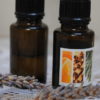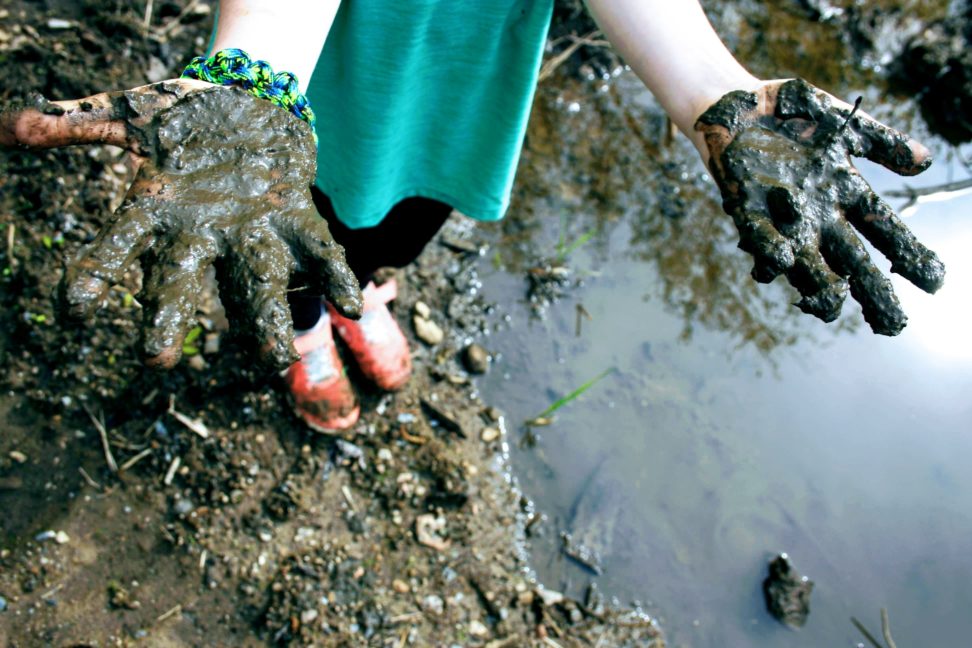Did you see the CDC’s clarification about surface transmission and COVID-19 and related cleaning? A local paper in Colorado summarized the update with:
Contaminated surfaces have never been driving the COVID-19 pandemic, and the CDC finally clarified that this week. Though it is conceivable that you could be infected by touching an infected doorknob or pen, the CDC now admits that “the risk is generally considered to be low.” It’s so low that even if you were unlucky enough to touch a doorknob immediately after someone with COVID, you might have to touch an average of 10,000 doorknobs to get infected!
The new statements from the Centers for Disease Control and Prevention are crucial and could provide a game-changing breath of fresh air. The scientific brief gives a final endorsement for us to finally move on from excessive cleaning of surfaces, which steals precious money, time, and energy, but does little to protect from infection.
The author is empathetic in acknowledging that surface cleaning “was an understandable human response to an invisibly-spread, frightening global pandemic. Cleaning gave us a visible way to join the fight against the virus.”
True … we’ve all seen people (and maybe done it ourselves) engulfing their bodies and surroundings with disinfectants.
The New York Times also echoed this clarification with the article, Has the Era of Overzealous Cleaning Finally Come to an End? This week, the C.D.C. acknowledged what scientists have been saying for months: The risk of catching the coronavirus from surfaces is low.
It is worth repeating this CDC clarification, because excessive cleaning can actually have the opposite effect, suppressing our immune systems or aggravating other health conditions.
Clean Smarter
To avoid any confusion, we should all continue to use prudent health and cleaning practices — especially and always washing our hands. The concern is when our cleaning habits contribute to a decrease in health. Building off of last month’s blog, let’s highlight some practical resources and reminders.
For years, the discussion about being too sterile has been a hot topic among scientists. In the fall of 2019, US NEWS and World Report ran Could Getting Dirty and Being Exposed to Germs Boost Your Health? Are allergies and asthma the result of being too clean?
“We are getting far too sterile,” adds Kiran Krishnan, a microbiologist and chief scientific officer for Microbiome Labs, based in St. Augustine, Florida. “Exposure to microbes is an essential part of being human. Most of our immune system is comprised of tissue that requires activation by the microbes we’re exposed to. The immune system requires the presence of friendly bacteria to regulate its functions. Think of the immune system as an army, with tanks and missiles but no general to lead them. That’s the role friendly microbes play in your body; they’re the general.” The vast majority of microbes, 97% to 99%, are benign or beneficial, and they are the best protection to fight pathogenic microorganisms, Krishnan says.
Friendly microbes have always played an important role in our immune system function. The concern is that when we over-clean we could be eliminating healthy microbes.
Our bodies need good bacteria. So, when we avoid over-sanitizing and we add/feed the good bacteria by eating whole foods, we help create a robust microbiome that supports our minds and bodies, including helping stave off germs and allergies. For example:
Diet and Depression: Foods That Help to Improve Your Mood
These 7 Foods Might Help Alleviate Seasonal Allergy Symptoms
How bacteria boost the immune system
Use this recent CDC clarification as a reset, if needed. Instead of cleaning like “COVID-19 is apparently a war that will be won through antimicrobial blasting … ,” let’s slow down and breathe and think how we’re becoming a society of sterilization. We’ve introduced chemicals that exasperate allergies and eliminate good microbiome.
Two Steps For Smarter Cleaning:
- Learn what’s in your products. The Consumer Guides information on the www.ewg.org website is a good place to start. You can do research on cleaning products as well as personal hygiene products and more. Cleaner, non-toxic products help protect our microbiome as opposed to eliminating our healthy bugs.
- Pick the right cleaning supplies. I love using vinegar, baking soda, essential oils and water to clean. Although they aren’t considered a “disinfectant”, these are great cleaners to clean your home with. More than you need to clean up the place and leave the good bugs intact! Remember, we aren’t trying to sterilize our homes, just clean them! If you need ideas on how to make non-toxic cleaners, watch my last class on non-toxic cleaning!
If you didn’t have a chance to read last month’s related blog, check it out. If you have questions, let me know. And, if you’re ready to learn more about this topic and others, I have classes every month on my Facebook page. I just held a class on the importance of sleep. Watch out for the next class on how to have more energy: SimplyOilsbyDevi



![z31[1]](https://simplywholebydevi.com/wp-content/uploads/2018/06/z311-100x100.jpg)












